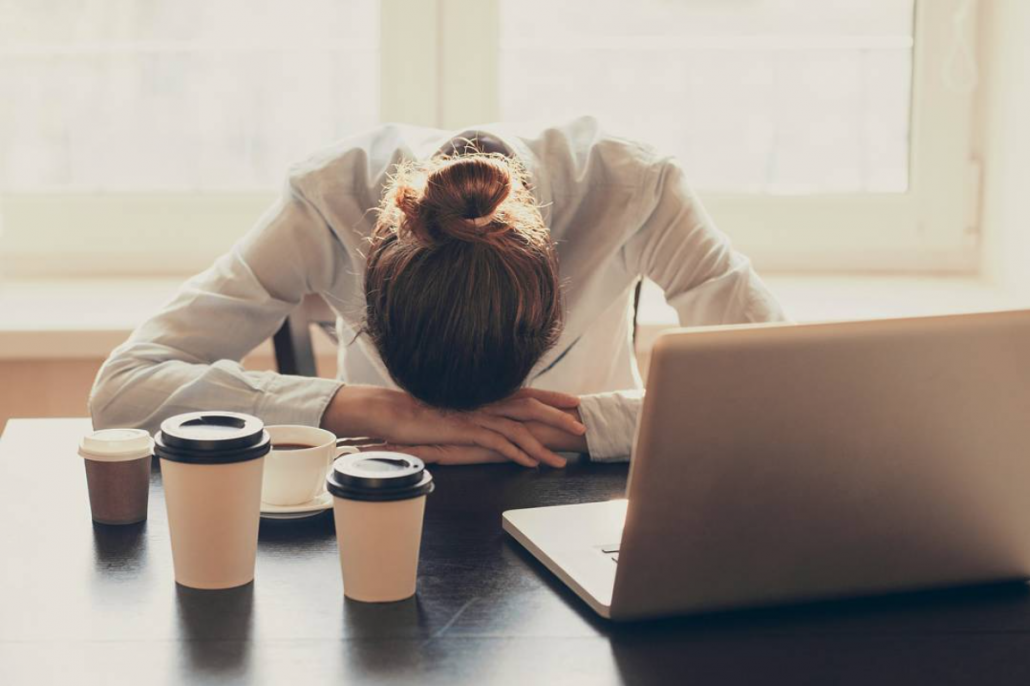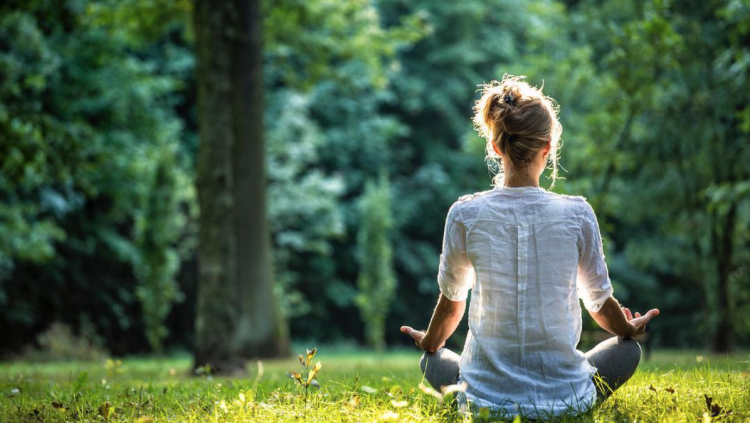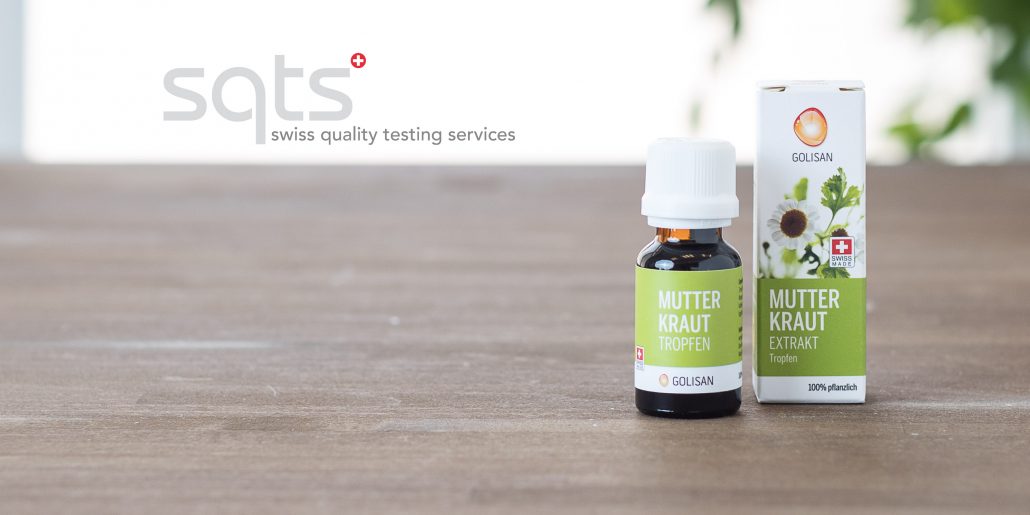Be careful: “Corona marketing” for food supplements is becoming popular
Due to the corona crisis, demand for food supplements is increasing. The global crisis is raising awareness about the importance of health – more effectively than ever. Even people that usually spend a lot time inside suddenly miss being outside to breath fresh air. Unfortunately, some companies see the current situation as an opportunity to advertise their products, counterfeit and fake products among them, to increase their profits. In some cases they spread misleading and false information.
Would you trust a company that exploits corona as a marketing tool?
Here are a few things you should be aware of if you want to buy food supplements. You will also find some important links and tips on what you can do:
1. Food supplements do NOT protect against
virus infection!
They are certainly NOT a cure for the disease triggered by COVID-19! There are some supplements that can support the immune system and the immune defense or have an antibacterial and “internally disinfecting” effect. Symptoms such as fever can also be alleviated by natural means, such as feverfew.
BUT: The corona virus is a completely new virus and there is NO data on how effective these natural or synthetic remedies are in defending and alleviating symptoms caused by the corona virus. There is NO known drug that can protect against an infection or cure the disease caused by the virus!
What you can do to protect yourself and others as best you can, you can read for example here.
2. There are NO studies that show efficacy
against COVID-19!
The studies on the new coronavirus that have already been carried out have so far not focused on any food supplements, but on the priorities of the global crisis. They investigate questions such as
- Who belongs to the risk group?
- How does the virus spread?
- How contagious is it?
So if a manufacturer or seller of dietary supplements claims that the efficacy of his product has been verified by “studies”, he most likely is NOT talking about studies on the coronavirus. At best he is talking about studies on other viruses.
Furthermore: Whoever talks about “studies” but does not mention or link to any of these “studies” does not have much to say… ALWAYS be careful here!
3. If you come across a post on Instagram or Facebook, for example, which advertises a product using the keyword corona or the hashtag #corona, you should report it, as it is not only misleading but also ILLEGAL in many countries to exploit corona as a marketing-tool. The Federal Ministry of Food and Agriculture in Germany for example clearly states:
Health-related advertising such as “protects against viruses” is prohibited.
Every single one of us who reports such a post makes sure that manufacturers and sellers like these are blocked. And more importantly: You might help people who don’t know as well as you do by preventing them from falling for a corona advertisement. You’re helping the global community to sort out products that are potentially harmful to our health and protect others from consuming dangerous supplements.
4. Especially with high-dose products,
as before, caution is advised!
Especially when they are aggressively advertised in a sales-promoting manner – as by means of “corona marketing”. Too high a dose can be harmful to health even with the apparently harmless natural supplements!
An example: Ginkgo biloba.
Ginkgo is not just ginkgo. The advertising claims about the drug ginkgo, which is used for example in dementia, cannot simply be transferred to any dietary supplement containing ginkgo. The ginkgo extracts in dietary supplements are not standardized and can differ considerably from one another. Positive effects on concentration and memory performance have NOT been proven for individual dietary supplements. They have only been proven for the drug ginkgo. Side effects such as nausea, vomiting, diarrhoea and allergic skin rashes are possible. High doses of ginkgo acids are also potentially cell-damaging and mutagenic. The vitamin B6 antagonist 4-methoxypyridoxine can lead to symptoms of poisoning, especially in children, if consumed in excess. An increased risk of bleeding is also a consequence of taking higher doses of the preparation.
Products from other countries that can be ordered online (e.g. on ebay) do not always meet the guidelines or adhere to limits that we have here in Switzerland or Germany. In Switzerland, products can be tested by the Swiss Quality Testing Services (SQTS), for example. But not all countries have service providers like SQTS.
In Switzerland, manufacturers can avoid the strict controls by trustworthy service providers such as SQTS, because unlike with medicine, the regulations for food supplements are much looser. This can lead to the fact that natural food supplements are sometimes more dangerous than medicines with similar effects.
You can tell by the SQTS seal on the product packaging whether a food supplement has been tested and meets the highest possible Swiss quality standards. It is then “trustworthy” – one of the marketing trend words next to “100% natural, herbal & vegan”. Without appropriate seals and labels, these are just empty words that serve as profit-enhancing marketing tricks. Here too, caution and research are called for.
Research tip: Search the internet for the advantages and disadvantages of an active ingredient AND compare the online product you want to buy with other products sold in pharmacies: What is the active ingredient’s content of the official supplement from the pharmacy? – If the online product has a much higher content and there seem to be health disadvantages, you should look for a less high-dose product with proper certification, of course.
Back to the gingko example from above: The drugs from the pharmacy contain e.g. 150 mg ginkgo biloba. On Amazon you will find supplements with a daily dose of 2000 mg (!).
5. Food supplements are still no substitute
for a healthy, balanced diet!
Especially multi-vitamin preparations, which increased in popularity due to corona, can also be harmful! They often contain twice or even three times the recommended daily allowance of all vitamins and minerals or certain combinations.
Synthetic vitamins, as in most dietary supplements, are not at all like natural vitamins either: It is almost impossible to eat so much fruit and vegetables that a vitamin overdose occurs. By contrast, the regular intake of synthetic vitamins in very high doses can even lead to a dangerous vitamin overdose in the worst case.
You should therefore find out exactly which vitamins and minerals you urgently need and choose a less aggressive dietary supplement that can specifically cover a certain vitamin or mineral requirement.
Quarantine Tip: We all stay at home as often as possible and many get creative. Have you ever thought about a small garden or a useful houseplant? More than just the classic pot of basil? The quarantine period is an opportunity to get detailed information and take some seeds with you when you go shopping next time. Radishes, for example, can be planted from April onwards. You can also grow chillies indoors or mushrooms in the cellar or garden. Once you get into the habit of plant care, it will be much easier for you to take care of a small garden in addition to your daily work. Train your green thumb now that you have the time to, it will be much easier for you! And you can eat even healthier.

Work-life-balance can be a really hard quest if you are not used to working at home. What do you do to be productive in your home office? Do you drink more coffee than usual? Leave us a comment below. We are looking forward to answering to you soon!
6. Other products are also aggressively advertised
with corona hashtags
…from sweaters and socks to handmade Disney articles on Etsy – there, for example, products relating to the corona virus have already been removed. The major marketplaces Amazon and Ebay are also taking action against the corona traders. Amazon has already blocked and deleted tens of thousands of corona articles and sellers, taking advantage of the uncertainty of customers and advertising their products with usurious prices.
Everybody has to know for himself if he wants to support a company that does “corona marketing”… But for me it is clear what kind of company I am dealing with. This is an absolute No Go.
With this contribution Golisan distances itself from manufacturers and sellers who take advantage of the crisis to increase their profit, because the health of each individual is important to us.
What can YOU do?
Keep your eyes open and report articles or posts that exploit the corona virus for marketing and advertising. Inform others about the risks or send this blog entry to give them the relevant information! You are very welcome to share this blog post on your social media to help spread this very important information and to help raise awareness.
This post is also available in: German






Leave a Reply
Want to join the discussion?Feel free to contribute!